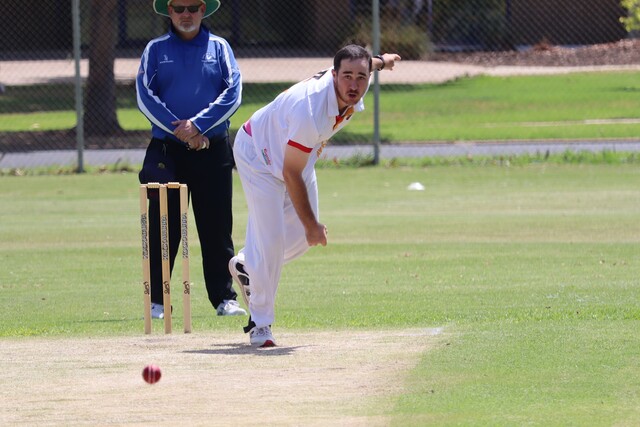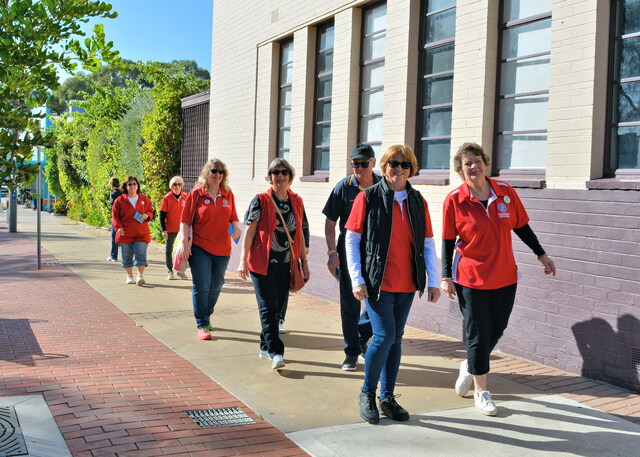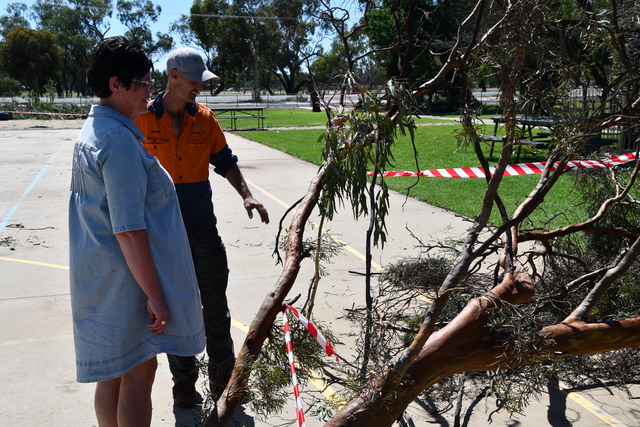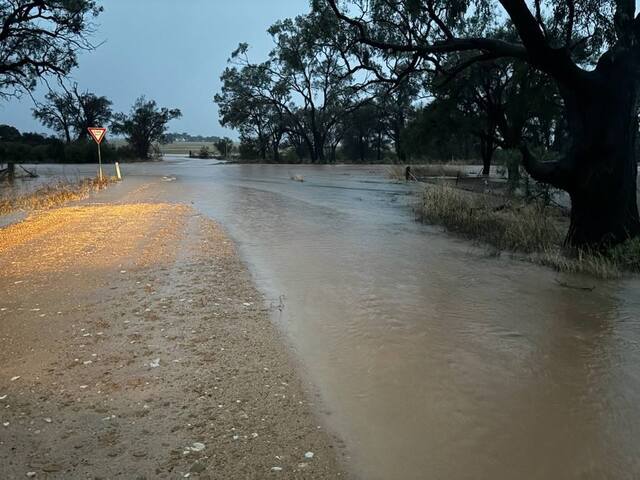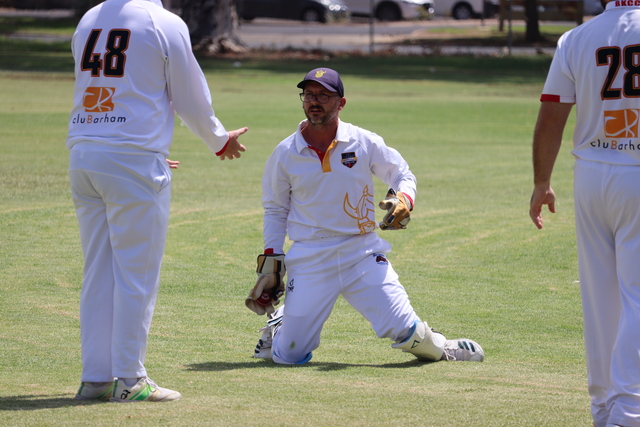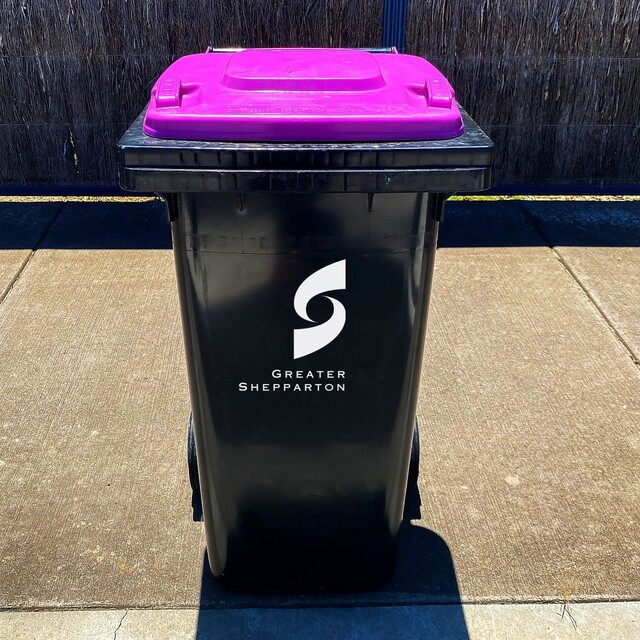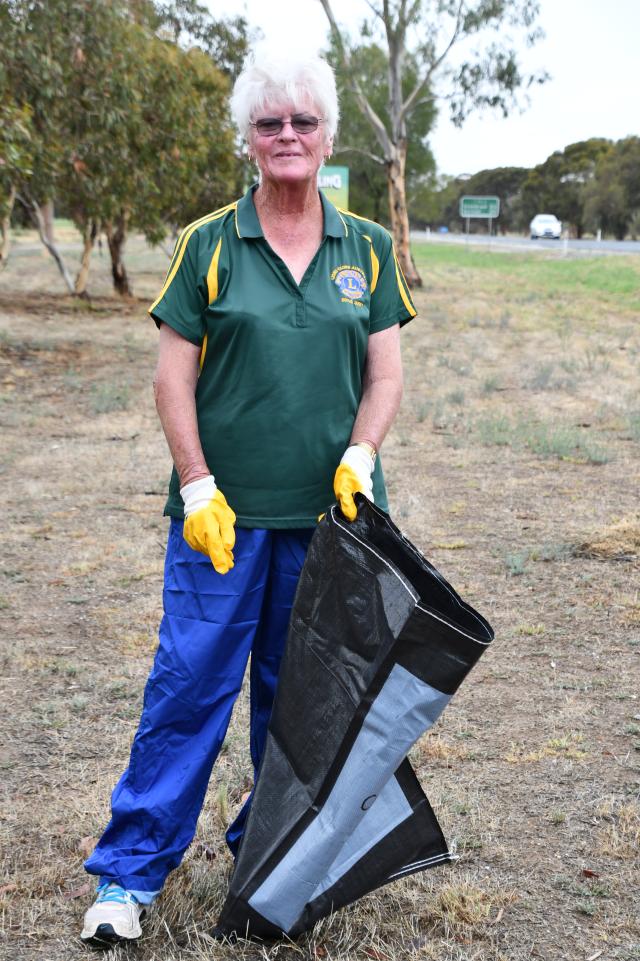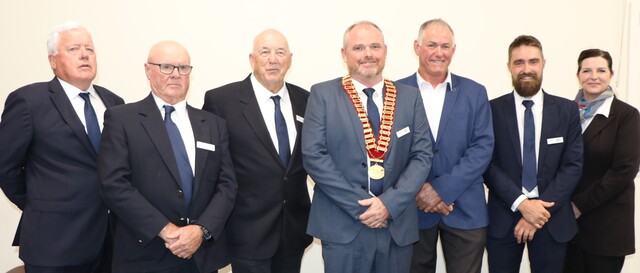STUDENTS at Kerang Technical High School will have direct access to a doctor from next year.
The school is among 100 schools selected for the introduction of the Victorian Government’s doctors in schools program.
The program involves a medical general practitioner being based at the school for one day each week during the school year.
KTHS principal, Dean Rogers said that implementation details had not yet been determined.
“Teachers often talk with students about the need to go to a doctor, but so often they can’t manage to get to see a doctor,” he said.
“It’s hard to say what the uptake would be, but if one student benefits, it will be worthwhile.”
Mr Rogers said that available time or distance were often barriers to students consulting a doctor when they need to.
Member for Northern Victoria, Steve Herbert said that participating schools will partner with local doctors who will visit the schools for up to one day a week, with students able to get referrals to specialists and the help they need before it affects their studies.
Half of the schools participating in the program are located in regional Victoria, where families often face barriers to accessing health care, and a further 25 schools are located in Melbourne’s growth areas and urban fringe to help meet demand for services created by Victoria’s unprecedented population growth.
“Work is now under way on recruitment and training, building consultation rooms at schools and establishing partnerships with local health-care providers so the program can start rolling out next year,” he said.
The program will be rolled out progressively in the 100 schools around the state from term one, 2017.
“Having a doctor at their school will give Kerang students reliable health care, reduce the pressure on working parents and GPs, and help the students identify and address their health concerns early,” Mr Herbert said.
Murray Primary Health Network chief executive officer Matt Jones said that the program provided an opportunity to integrate health care for young people into the primary care system.
“The program will make a valuable contribution to achieving the education State targets of ‘happy, healthy and resilient kids’ by improving ease of access to health services for young people,” he said.

